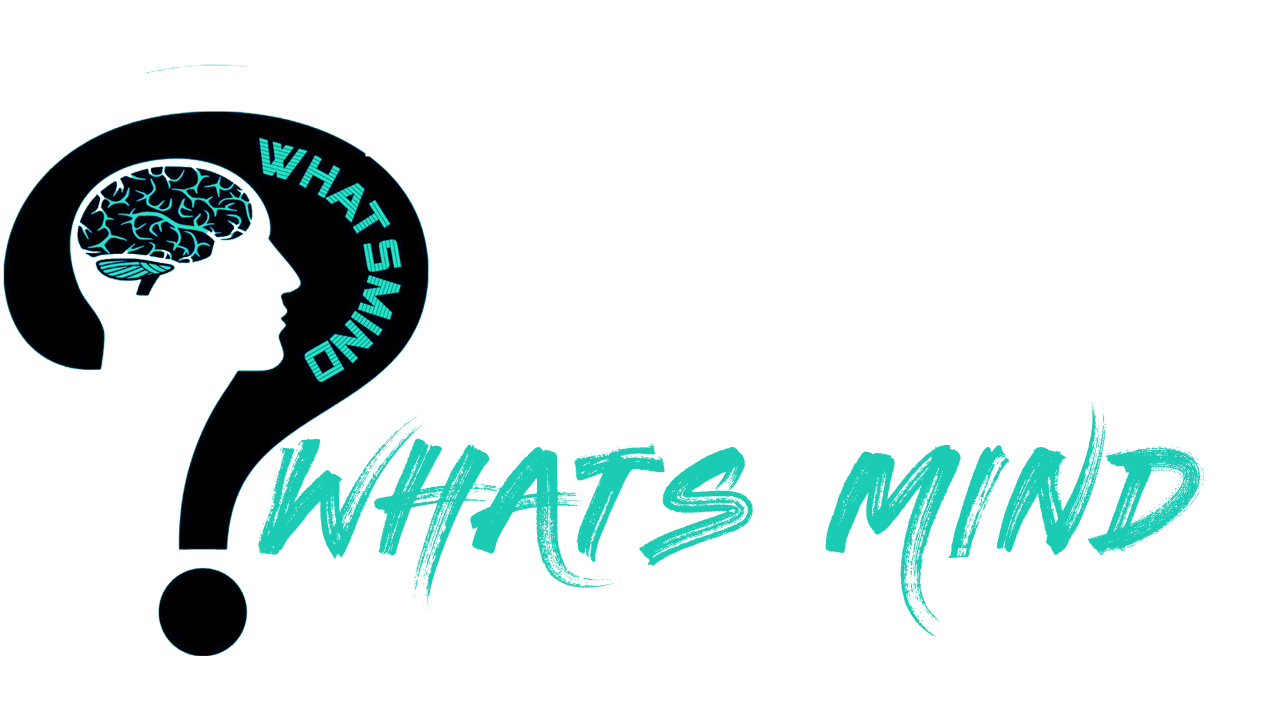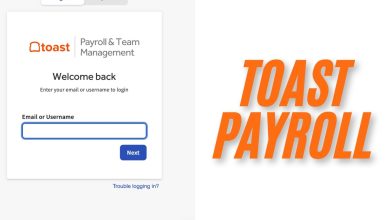Organizational Knowledge Examples, Types, and How To Manage

Organizations thrive on the knowledge they acquire, share, and use. This fundamental aspect strengthens their operational capabilities, decision-making process, and competitive advantage. Keep reading to explore organizational knowledge examples and unravel a deeper understanding of this business resource.
Table of Contents
Understanding the Concept of Organizational Knowledge
Organizational knowledge is the collective wisdom that an organization accumulates over time. It’s the sum of the experiences, insights, and learnings that its members possess about its procedures, systems, and market environment.
This knowledge can range from technical know-how, industry insights, and clients’ behaviors to business strategies. It encompasses the tacit expertise of the workforce and the documented procedures that drive the business’s daily operations.
The most standout organizations have a culture of sharing and utilizing this knowledge for improved efficiency and innovation. They realize that their people are not just part of the organization, but they are the organization. In essence, organizational knowledge is the lifeblood that propels an organization towards its vision, and it is the linchpin for sustainable growth and innovation.
The Importance of Organizational Knowledge in Today’s Business Environment
In a fast-paced business scene, the capacity to learn and adapt quickly is fundamental. Organizational knowledge serves as a catalyst for such adaptability by fostering a conducive environment for learning and growth.
Organizational knowledge can aid companies in understanding customer requirements, introducing process improvements, dealing with potential risks, and sparking innovation. It’s this knowledge that restrains businesses from repeating past mistakes while enabling a culture of continuous improvement.
In a world where competition has globalized and consumer demands are ever-evolving, having a well-informed workforce is crucial. Additionally, in the customer-centric era, knowing clients’ needs and preferences can help businesses personalize their products and services, leading to more satisfied and loyal customers.
Ultimately, organizational knowledge is indispensable for maintaining a competitive edge and driving long-term growth in today’s fast-paced business environment.
Diverse Examples of Organizational Knowledge in Various Industries
In the healthcare industry, organizational knowledge can come in the form of treatment protocols, patient data, and surgical techniques. This knowledge not only aids in patient care but also helps in formulating health policies and procedures.
In the technology sector, knowledge about coding standards, software development processes, and customer preferences shape the design and delivery of digital solutions. The collective wisdom of the workforce is what drives innovation in tech companies.
The manufacturing industry, on the other hand, thrives on process optimization. Knowledge about production processes, equipment maintenance, and safety procedures ensures efficient operations and workforce safety.
This demonstrates how organizational knowledge significantly impacts a company’s functionality, regardless of the industry.
Different Types of Organizational Knowledge and Their Characteristics
Predominantly, there are two types of organizational knowledge: tacit and explicit. Tacit knowledge is intuitive, hard to articulate, and exists in the minds of employees. It includes skillsets, experiences, insights, and trade secrets.
Explicit knowledge, on the other hand, is documented, can be easily shared, and usually resides in databases. It includes standard operating procedures, manuals, and guidelines.

Both forms of knowledge complement each other. Where tacit knowledge provides a basis for innovation and creativity, explicit knowledge ensures operational consistency and regulatory compliance.
Successful companies encourage the fluid interaction of both types of knowledge for holistic organizational growth and sustainability.
Innovative Strategies for Managing Organizational Knowledge Efficiently
With advancements in technology, organizations now have tools and platforms to capture, store, and disseminate knowledge efficiently. Document management systems, knowledge bases, intranets, and social platforms facilitate knowledge sharing and collaboration across the organization.
Organizations can also engage in mentorship programs to transfer tacit knowledge from experienced employees to newcomers. This helps to mitigate the risk of knowledge drain due to employee turnover.
Regular training workshops are equally beneficial, enabling employees to learn and adapt to the constantly evolving business environment. Furthermore, recognizing and rewarding employees for their knowledge contribution can motivate them to share more.
An effective knowledge management strategy aligns the organization caringly towards shared objectives and encourages collaborative working and learning.
Altogether, understanding and applying organizational knowledge holds unparalleled significance in ensuring a company’s success in the modern business world.
You may like to read about the following:
- How Virtual Board Meeting Software is Making Meetings More Productive and Efficient?
- 5 Ways to Enhance Your Job Security in 2024
- Business Assistant Services In Cambodia: Responsibilities, Merits & Market Demands
For more information, visit Whatsmind.com




